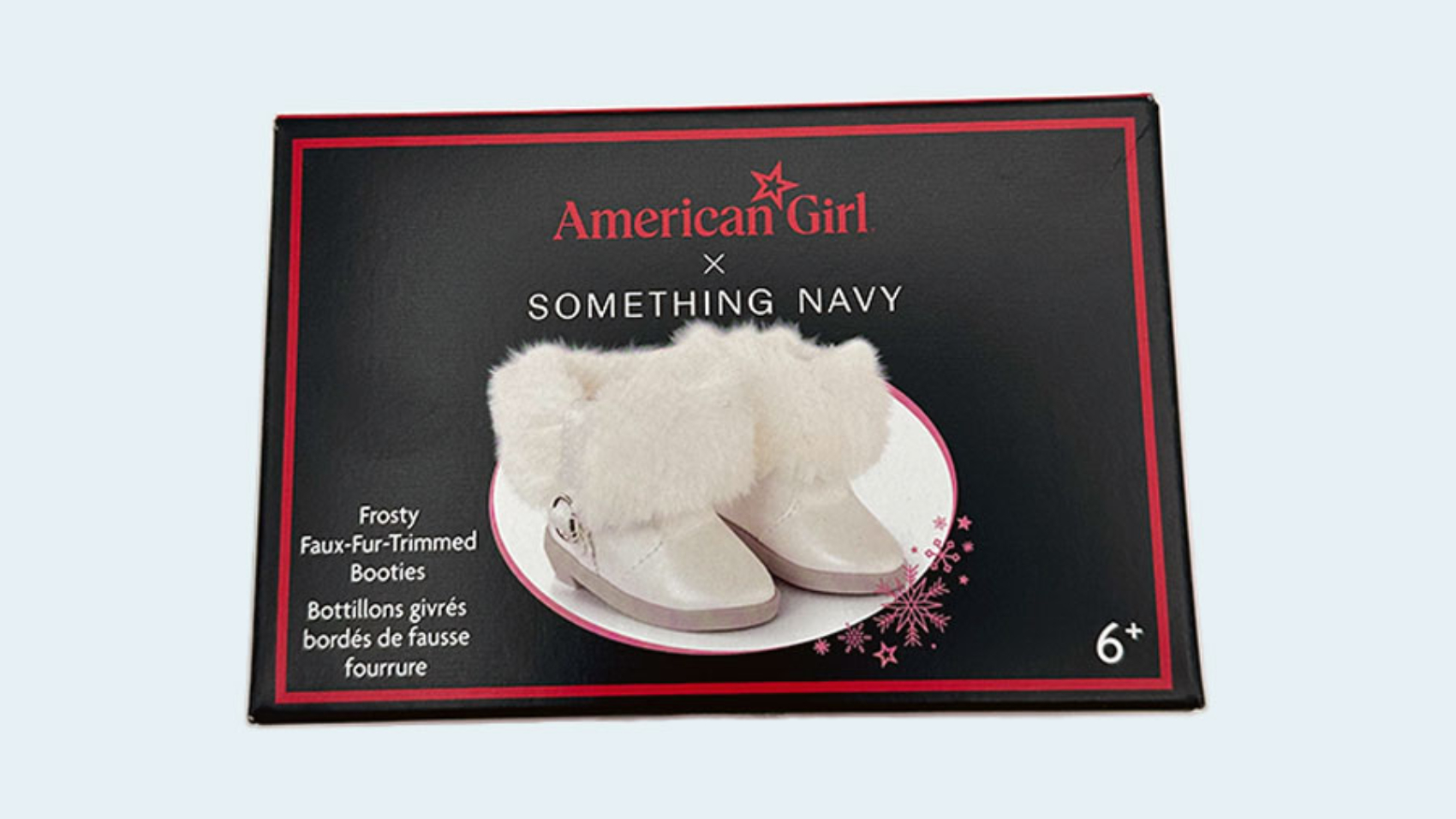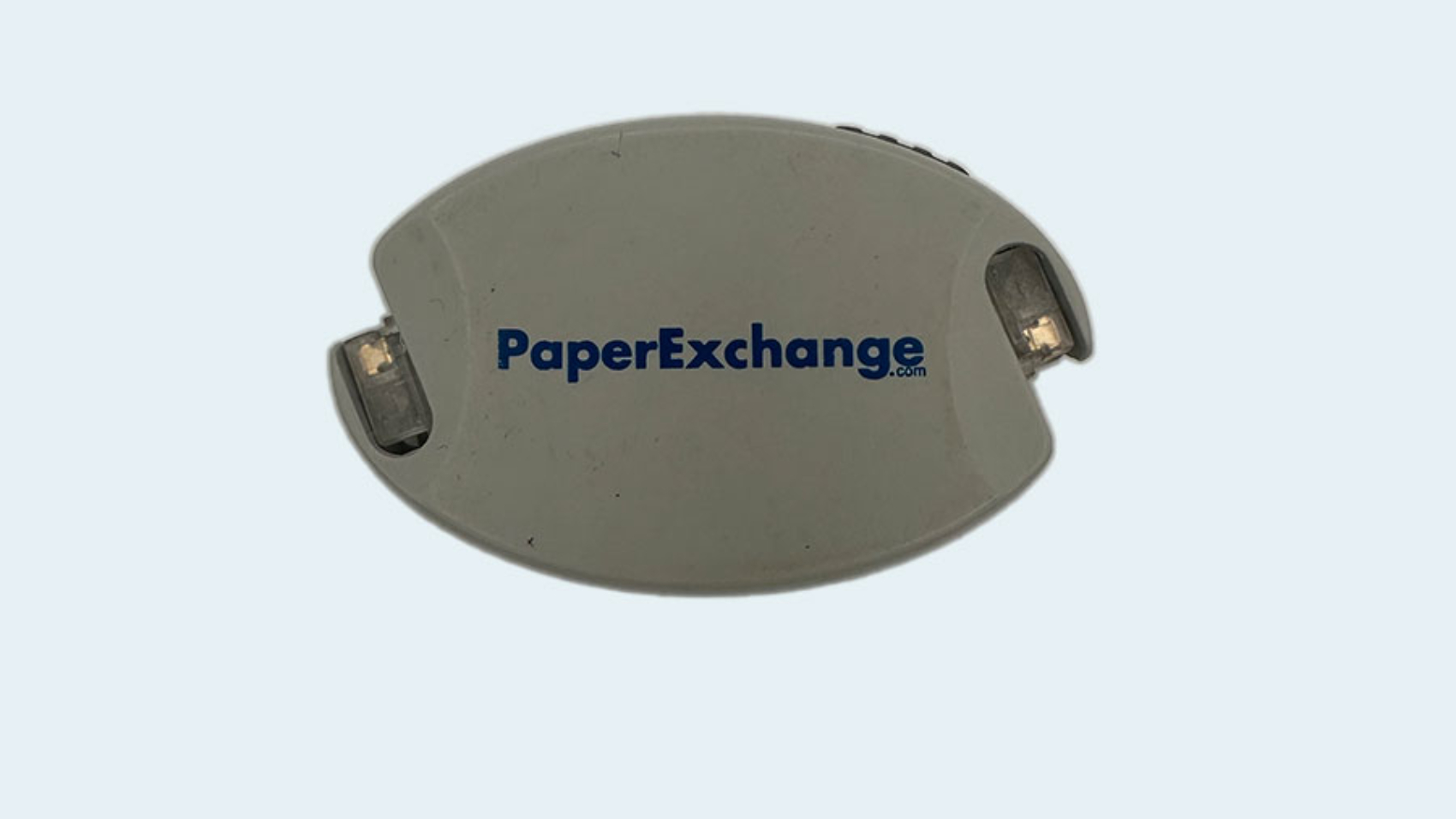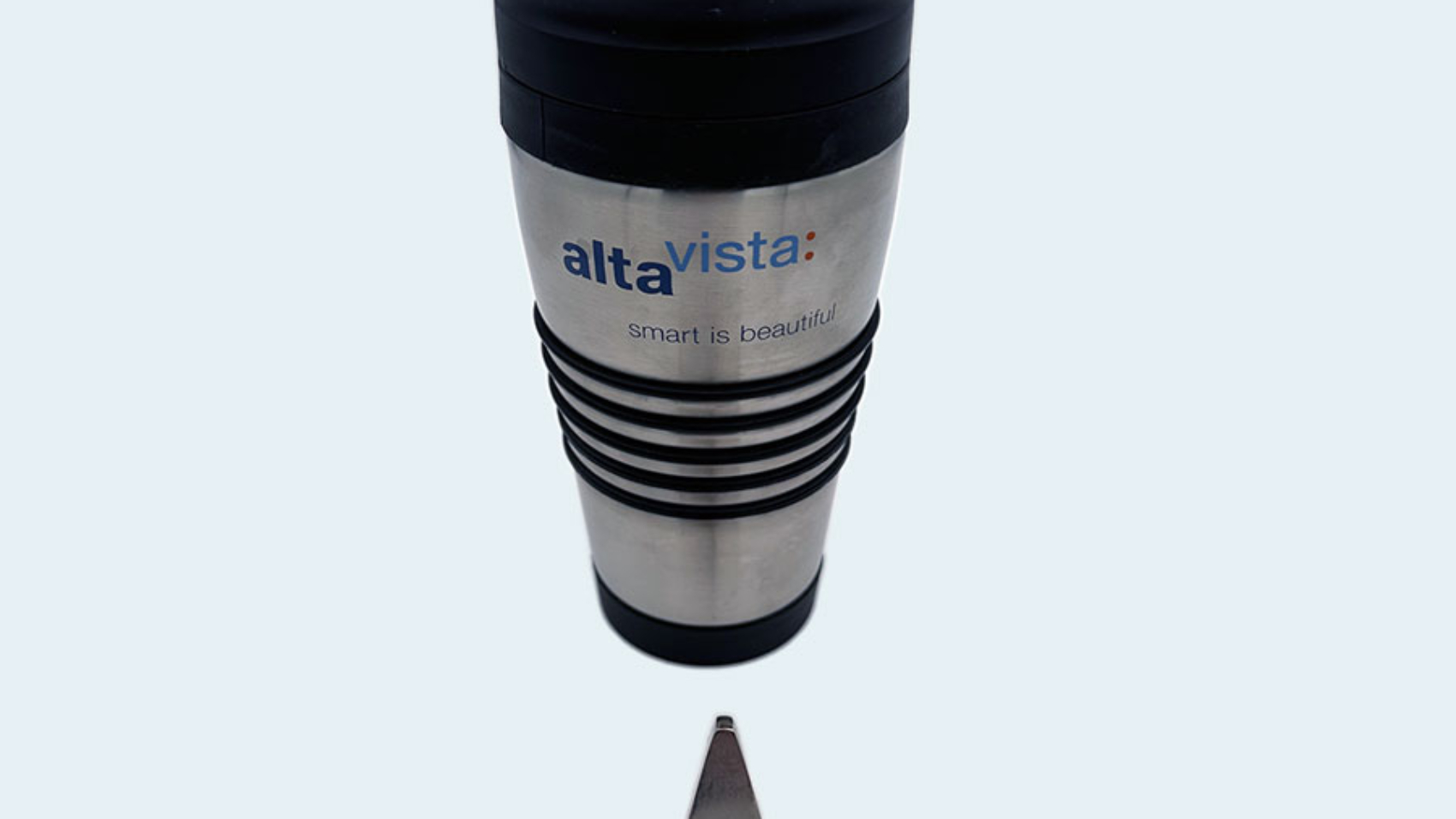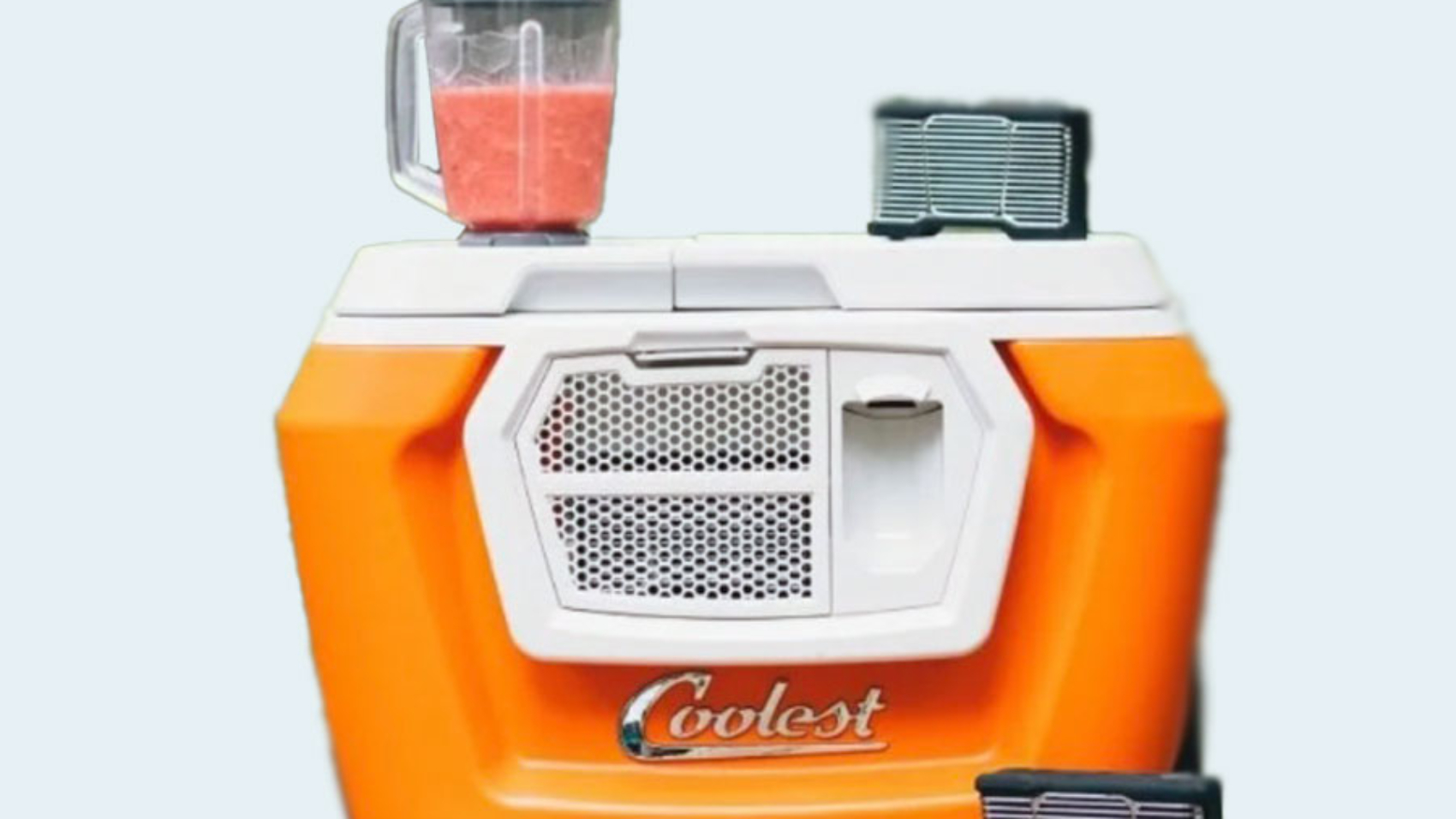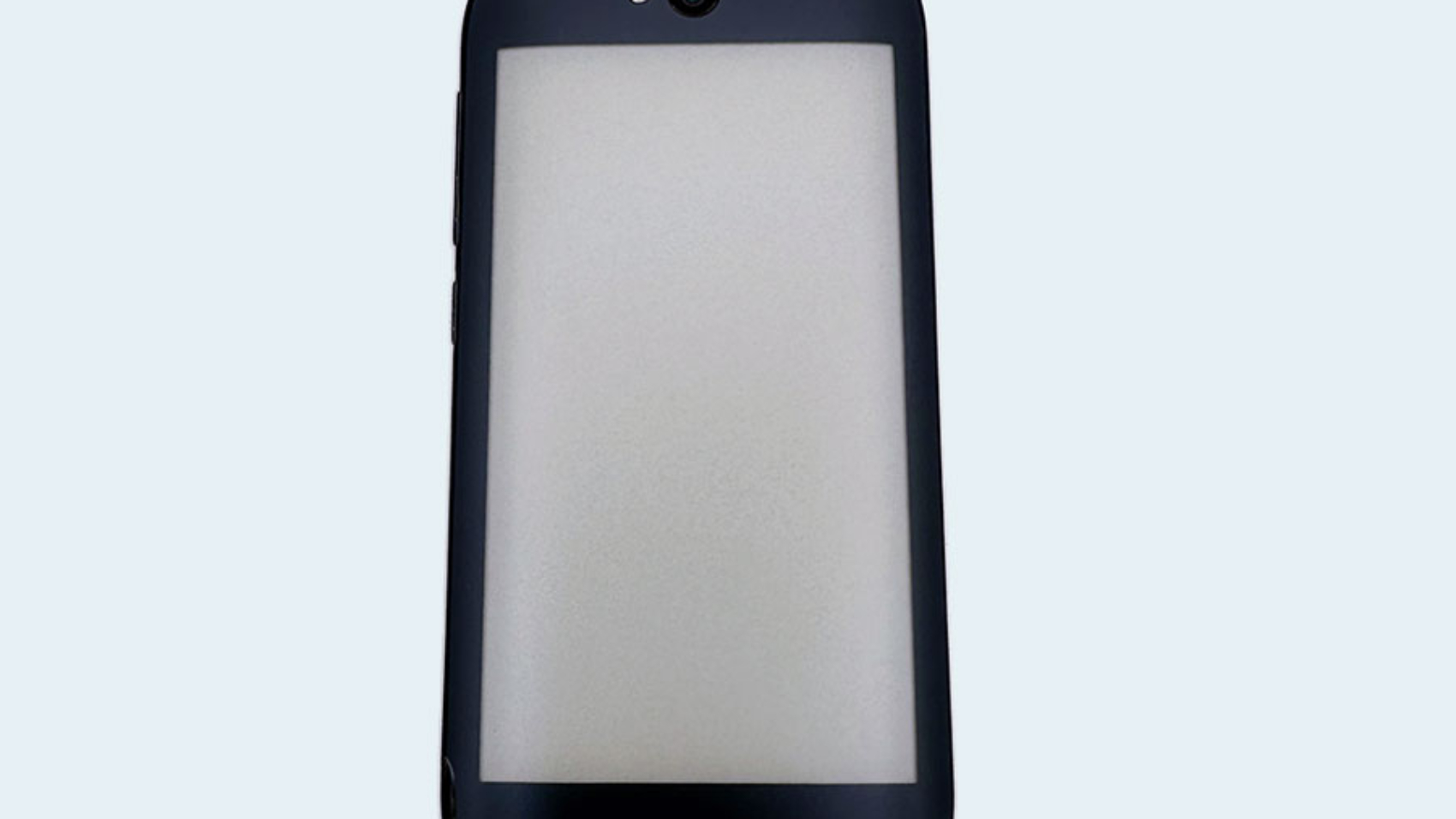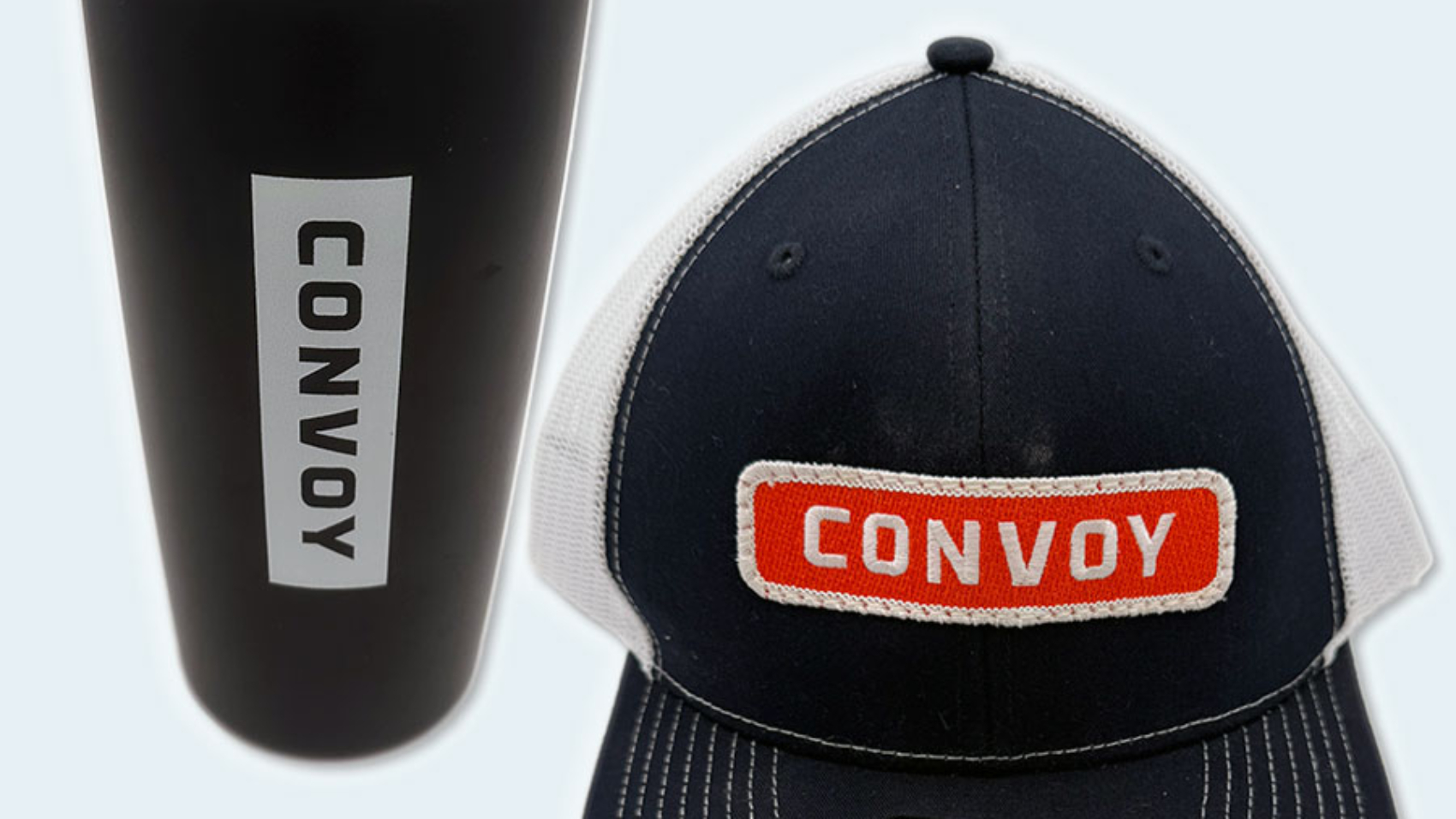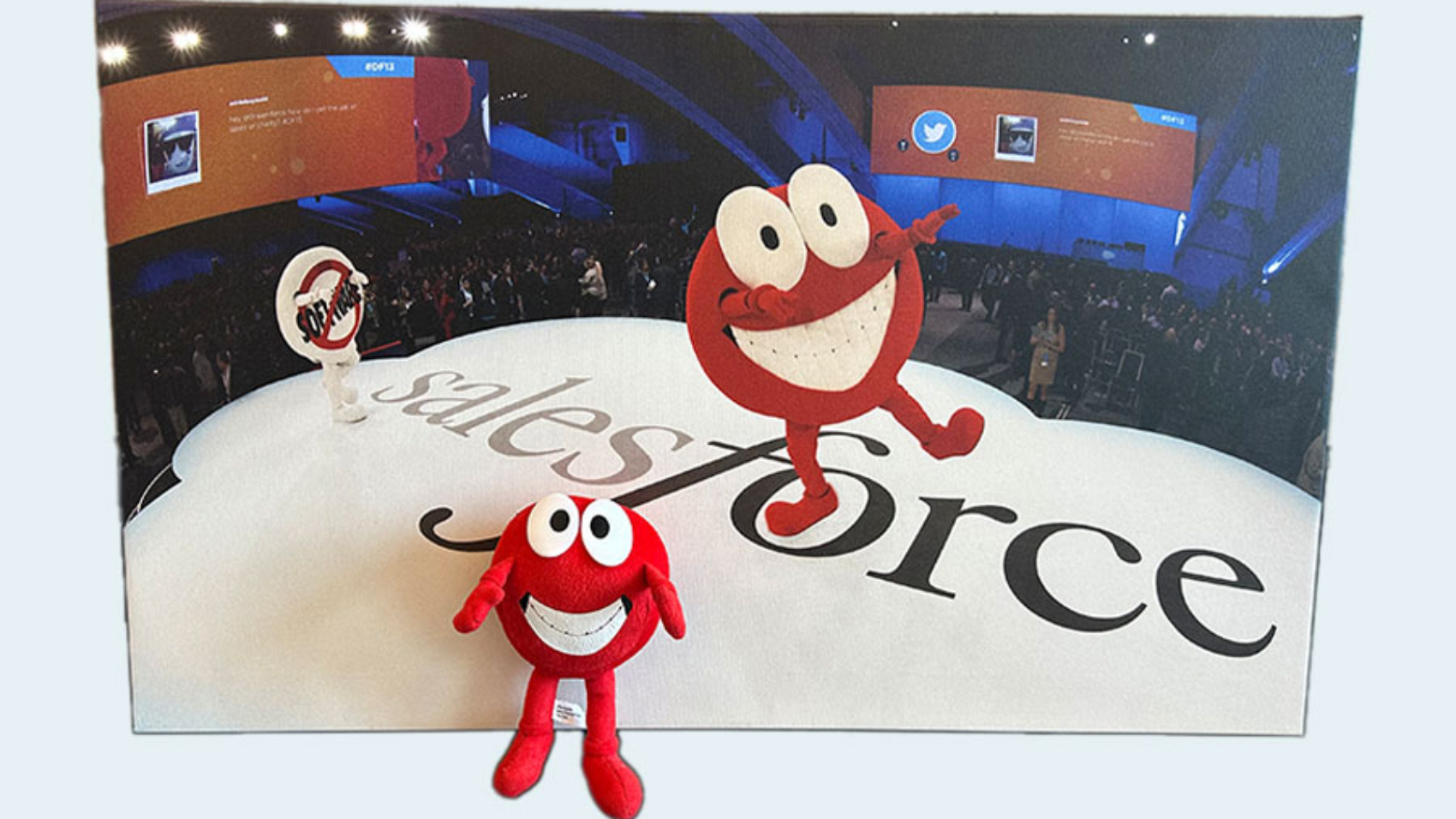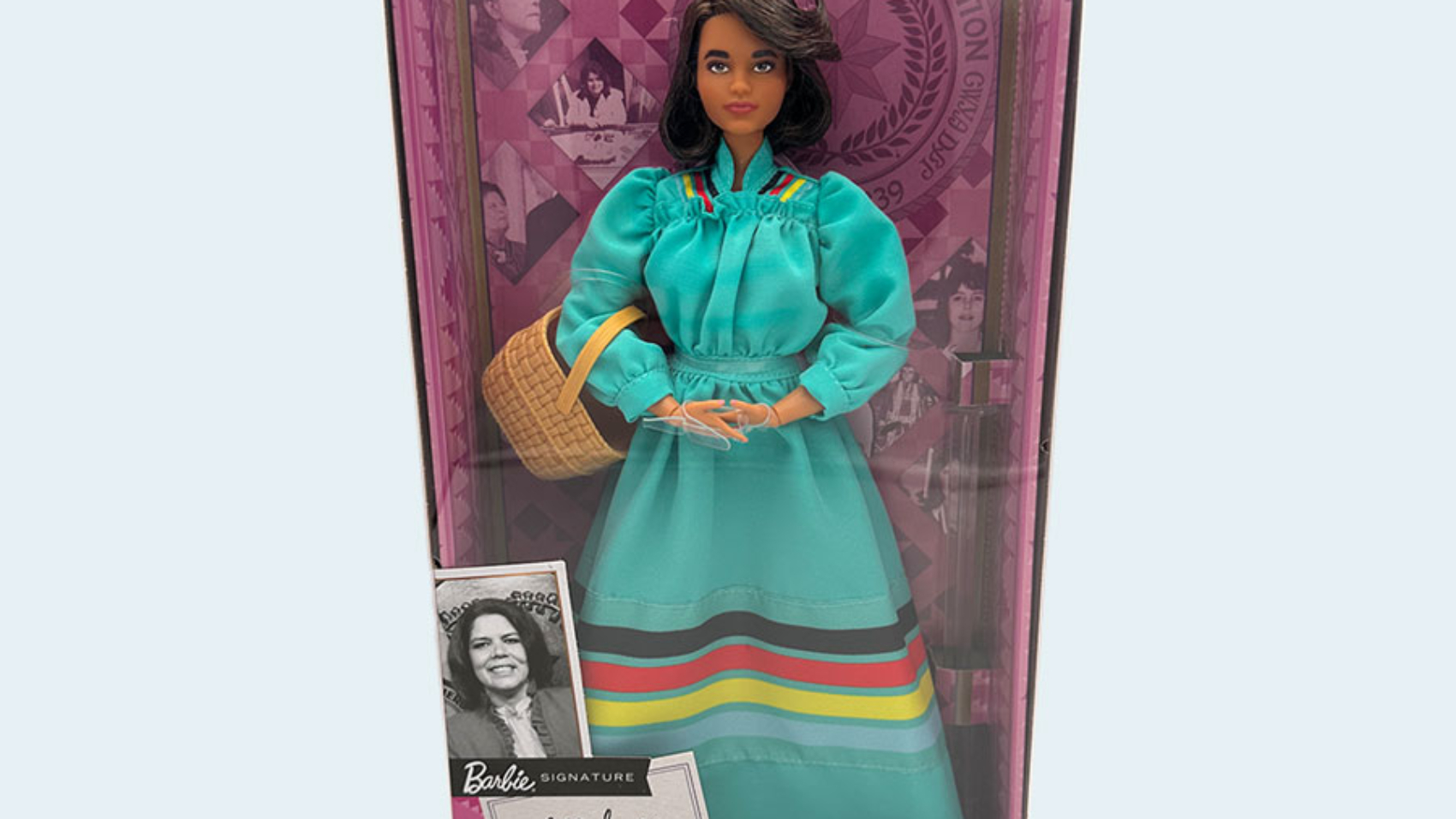Something Navy, a clothing retailed built around social media accounts by popular fashion influencer Arielle Charnas was acquired in a fire sale in 2023. The fashion brand missed the mark with customers–and left suppliers unpaid–while its social media star partied online.
PaperExchange
PaperExchange, founded in 1998 with an unsuccessful IPO attempt in 2000, was a B2B marketplace for the pulp and paper industry.
More than 1,000 such B2B marketplaces for products that ranged from commodities such as lumber to specialized components such as airplane parts-managed to receive funding. Unfortunately, most of these companies failed to realize that the lifeblood of a marketplace is liquidity and that, in B2B, a few large enterprises can generate most of the transaction volume so critical for that purpose. These behemoths typically don’t need the help of an independent marketplace, however, and they can bargain fiercely with anyone who hopes to trade with them. Independent, fee-based marketplaces have therefore mostly languished in the absence of a business model that could vindicate their early optimism.
AltaVista
AltaVista launched in 1995, which was two years before Google. Google focused solely on search, while AltaVista built a graphic-rich portal with live news & sports, shopping, and search. AltaVista’s search results pages were filled with irrelevant display ads as they were focused too much on revenue. Meanwhile, Google didn’t need to make money immediately allowing Google AdWords to focus on paid ads that enhanced page relevancy. By the time AltaVista refocused on search and wound down its portal features, Google was ahead in search and extended their lead with deep investment in advanced search technology, more relevant advertising, and continuous innovation. The search results and simplicity of Google were so much better that users noticed it right away, and switching costs were zero.
Wachovia
Exposed to risky loans, such as adjustable rate mortgages, Wachovia began to experience heavy losses in its loan portfolios during the subprime mortgage crisis. Once Washington Mutual was seized, Wachovia immediately lost a total of $5 billion in deposits. Federal regulators pressured Wachovia to put itself up for sale over the weekend leading to its sale to Wells Fargo in 2008.
Coolest Cooler
In the summer of 2014, Ryan Grepper raised over $13 million, making it the most funded Kickstarter campaign of 2014. In December 2019, the company announced that it was closing, with over 20,000 of the 62,642 original backers never receiving a cooler. After years of missteps, manufacturing problems, and unfulfilled promises, Coolest Cooler said the trade war with China ultimately made its future untenable. The project came to be regarded as Kickstarter’s largest failure.
YotaPhone
Launched in 2012 in Russia, Yota’s manufacturer, Hi-P Singapore, sued for $126M in 2015 because YotaPhone reportedly refused to take delivery (and presumably pay for) the minimum number of phones it agreed to order. Yota Devices was unable to pay the $18M in settlements and decided to go bankrupt.
Yota had an interesting concept. It featured a full color display on one side and an E Ink panel on the other. This provided users two different screens to do their tasks, the e-paper display was ideal for reading.
Convoy
Digital freight company Convoy, who raised $925 million and peaked at a $3.8 billion valuation in 2022, shut down in October only 18 months after a $410M funding round. After experiencing decreased demand for shipping, this Bezos and Gates-backed business was unable to find an acquirer or raise additional money.
For the longer story from WSJ:
Retailers and other shippers looking to move goods by road rely on third-party companies called freight brokers to match their cargo with available trucks. Convoy, founded in 2015 by Dan Lewis, a former general manager of new shopping experiences at Amazon.com, saw an opportunity to drag the industry into the 21st century as the “Uber of trucking”—making booking freight shipments as simple as ordering a car.
Convoy’s technological innovations included dynamic pricing, real-time shipment tracking and a smartphone app. At the time, traditional freight brokerages used phone and email to connect shippers with trucks.
The company claimed its platform helped smaller trucking firms find a steady supply of customers, and said its fees were less than those of other brokers. Convoy’s hundreds of shipping clients included Anheuser-Busch InBev, Unilever, Land O’ Lakes and GE Appliances.
In 2017, the startup began testing a “drop-and-hook” service, where shippers could preload Convoy-branded trailers for truckers to pick up, speeding up transfer times. It rolled out the program nationally in April 2019.
In the early days of the Covid-19 pandemic, supply-chain snarls and an e-commerce bonanza helped Convoy gain customers and additional funding. Freight brokering is “not exactly the sexiest sector of what many people think of as an unsexy industry,” said WSJ logistics reporter Paul Berger, who covered the company’s downfall. Still, Convoy reached a peak valuation of $3.8 billion in April 2022.
Convoy was just one of many freight startups vying for a slice of the market, with competitors including Transfix, uShip, Cargomatic, Trucker Path and the actual “Uber of trucking,” Uber Freight.
The ride-hailing model also didn’t apply perfectly to shipping. Most companies lock in contracts for moving freight, rather than shop around for an available truck as the need arises. If something goes awry with a shipment, it can be costly and time-consuming to remedy.
Startups like Convoy were no match for the scale and clout of established companies. The net income of C.H. Robinson, the largest freight broker by revenue in the U.S., topped $300 million in 2023, while Convoy was losing $10 million a month. In part spurred by upstarts like Convoy, C.H. Robinson and other large logistics firms spent hundreds of millions on technology to offer the same kinds of services as their smaller competitors.
While Convoy was able to make a profit on individual shipments, it was never profitable overall due to significant fixed costs, including its hundreds of highly paid software engineers.
In early 2022, Convoy raised another $160 million and secured a $150 million line of credit from JPMorgan Chase and a $100 million loan from specialty finance company Hercules Capital. Executives hoped the new funding would buy the startup enough time to find a strategic investor or buyer.
Unfortunately for Convoy, rising interest rates and general concerns about the economy meant investors weren’t as quick to open their wallets as they had been.
Convoy also couldn’t count on the pandemic-induced surge in shipping demand for continued growth.
“During the pandemic, they benefited like everybody else did,” Berger said. “But as soon as the freight market dropped they were exposed.”
Freight volumes plummeted as retailers’ supply-chain struggles abated and consumers eased up on online purchases.
As funding dried up, the company cut its workforce from 1,500 to 500 employees.
In 2023, Convoy got close enough to being acquired by a larger competitor that it created a plan for integration, but a deal never came together. By October, Convoy had just $40 million in its coffers, and Hercules came to collect on its loan. Convoy suspended operations and laid off most of its remaining workers. Hercules oversaw the sale of Convoy’s assets.
Freight forwarder Flexport acquired Convoy’s technology but not its overall business or liabilities. A few dozen Convoy employees, including Lewis, joined Flexport. In an effort to rein in costs, Flexport has gone through multiple rounds of layoffs in 2023 and 2024.
Salesforce’s Chatter
In 2010, Salesforce launched Chatter to be “Facebook for the enterprise” and become a corporate social network. Chatter was offered for free as part of the Salesforce platform so product innovation was deprioritized, while there were complaints about its ease of use and speed.
Salesforce leveraged will.i.am in its 2011 Superbowl commercial.
https://www.ispot.tv/events/2011-super-bowl-commercials/chatter-com-will-i-am
Zulily
Zulily, an online retailer dedicated to offering consumers low prices, is one of Amazon’s victims after peaking at a $7B valuation. Zulily struggled to meet customer expectations for shipping times, among other issues, as it competed against Amazon and other e-commerce giants. Some customers also complained about the amount of items Zulily was adding to its site as it expanded rapidly from mainly selling children’s items to other categories, such as home accessories and women and men’s clothing.
Wilma Mankiller Barbie
Wilma Mankiller was the Cherokee Nation’s first woman principal chief and was known as an education and healthcare champion. The 2023 Barbie toy is missing Cherokee details, such as indigenous symbols and traditional moccasins instead of the black shoes worn by the doll. One of the Cherokee language symbols on the packaging translates to “Chicken,” rather than “Cherokee.” Also, Mattel did not work directly with the tribal government’s design and communications team to secure the official Seal or verify it.


